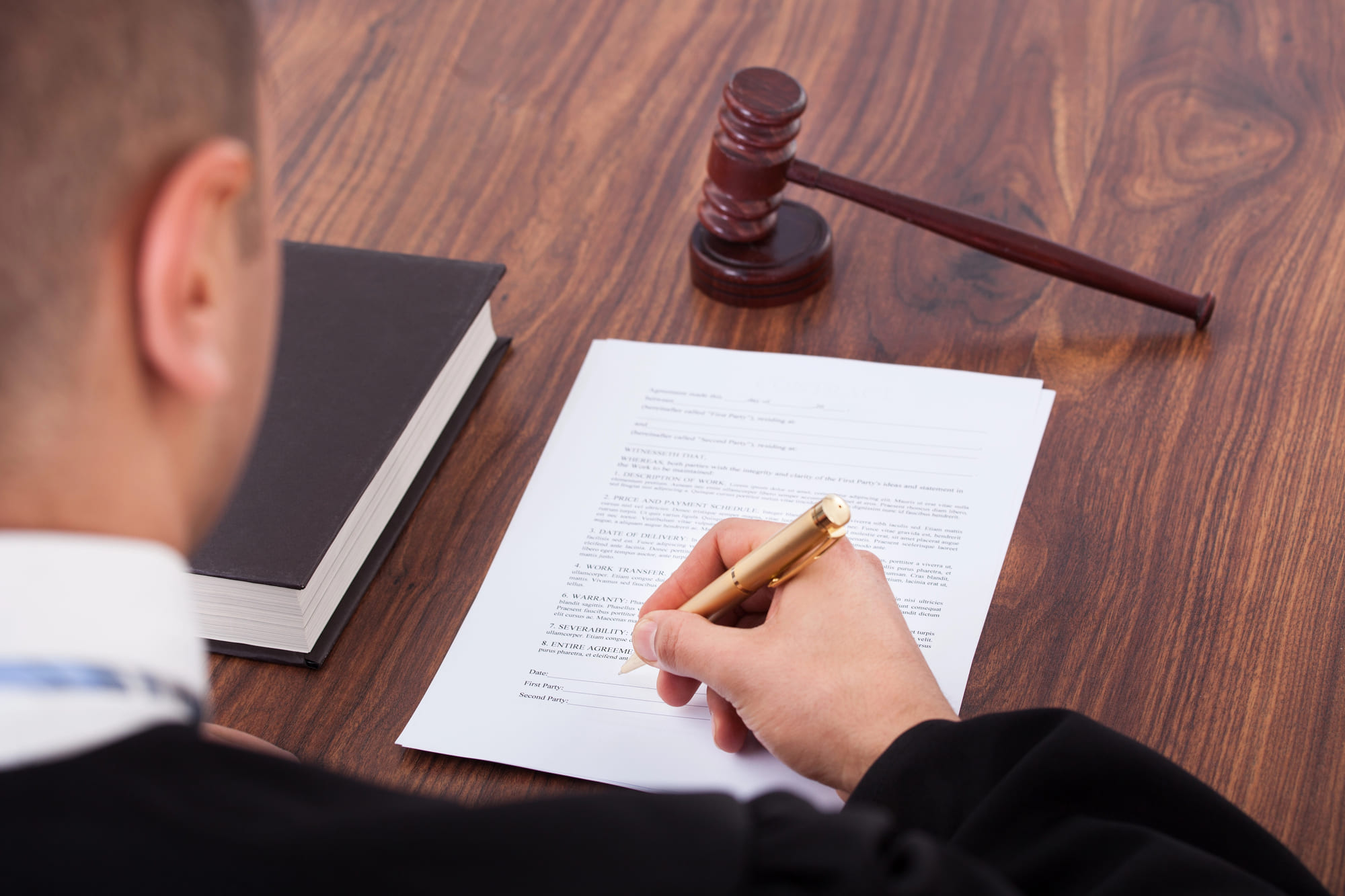Who Needs a Liquor License in New York State?
According to the New York State Liquor Authority, a liquor license is required to manufacture or sell alcoholic beverages within the state. Different types of licenses are available, each with its own restrictions. Keep reading to learn more about how to obtain a New York liquor license for your business.
What Types of Licenses are Available?
Four categories of liquor licenses are available:
- On-Premise
- Off-Premise
- Manufacturing
- Wholesale
Each licensing type has unique licenses with individual application criteria. If you are unsure which type of license your business needs, contact the experienced lawyers of Fisher Stone, P.C.
On-Premise License
An on-premise license covers the sale of liquor for bars or restaurants that sell liquor with the intent of the product being consumed onsite. Licensing includes consumption at hotels, restaurants, clubs, concessions, vessels, trains, and more.
Off-Premise License
This type of license is for stores that sell to consumers with the intent of the product being taken home, such as a wine, liquor, or package store. Eight types of licenses are available in this category, including grocery, drug, farmer’s market, and more. However, open alcohol is not available for consumption at the retailer with this license.
Manufacturing License
Over 20 types of manufacturing licenses are available for breweries, distilleries, or other manufacturing locations.
Wholesale License
A wholesale license is available for beer or wine wholesalers or importers. Wholesalers will typically pay annually for a license.
Who is Eligible for a Liquor License?
The qualifications for a liquor license in New York are as follows:
- The applicant must be a United States citizen.
- The applicant must not have any prior criminal convictions.
- The applicant must be 21 years of age or older.
- The applicant must not be an officer of the law with arresting powers.
A foreign national is eligible for a New York liquor license if his or her home country engages in special commerce with the United States and carries an E-1 or E-2 visa.
What is a Temporary Liquor Permit?
A temporary liquor permit, also known as a one-day alcohol event permit, allows for the sale or service of alcohol intended for consumption at a gathering or event for up to 24 hours. The following stipulations apply when petitioning for a temporary liquor permit:
- The location must be open and operating with active licensing for at least 30 days before applying for a permit.
- The permit and filing fee must be submitted at the same time as the Retail License Application.
Applicants should inquire about any disqualifications against the location before filing. The Temporary Retail Permit is non-refundable.
Retailers who already own a license are able to apply for a catering permit that allows the sale of alcohol at licensed events off-premise. An alcohol caterer will then be eligible to sell services to non-license holders to provide alcohol sales for other events.
What are the Location Requirements for Licensing?
There are three distinct laws that retailers must comply with to be approved for a liquor license.
- Tiered House Law: Applicants are not eligible to hold an on-premise license if he or she has any interests in liquor manufacturing or wholesale business.
- 200-Foot Law: An on-premise license is not available within 200 feet of a school or location routinely used as a place of worship. However, beer and wine licenses are exempt.
- 500-Foot Law: Establishments within 500 feet of three other on-premise license holders are ineligible for licensing. This rule applies in cities with a population of over 20,000.
What is the Process for Applying for an Application?
Prior to petitioning for a license, a 30-day notice must be filed with the local community board. Once this notice has been filed, a hearing will be held in which the following information will be required regarding the business:
- Business outline, menus, and hours
- The availability of sidewalk dining options
- The availability of security at the location
- The number of bars at the location
- The type of music that will be played, such as live or recorded
At this meeting, members of the community are able to address concerns regarding the application. Then, the board will approve or decline the application to the New York State Liquor Authority.
The New York State Liquor Authority will request, at minimum, the following documents:
- Completed application and proof of payment
- Proof of citizenship
- Payment for all fees
- $1,000 penal bond
- Photo ID
- Plans for the proposed location
- Investment records
- Contract of sale
- Lease, agreement, or deed for the premise
- Proposed menu
- 30-day community board notification and proof of delivery
- Waiver request if there is only one bathroom
- Holding Corp Stipulation, if applicable
- Notice of Appearance
How Long Does the Application Process Take?
Most license applications are completed between 22 and 26 weeks. However, significant delays or denials may occur if there are omissions, inconsistencies, or other mistakes in the application.
How Much Does a Liquor License Cost?
The cost of a New York liquor license varies depending on the type of license requested and the county of operation. Most on-premise licenses are valid for two years and cost between $1,792 and $4,352, with an additional $200 filing fee.
An off-premise license is typically cheaper than an on-premise license.
The licensing and application fees, filing fees, and processing fees are set individually by county.
Do I Need an Attorney?
If you are seeking a New York State liquor license, you need dependable legal help to navigate this highly bureaucratic process. Our attorneys can help you with the filing process to save you time and money. Call Fisher Stone, P.C. at 516-908-9519 or fill out a contact form for a free consultation.



